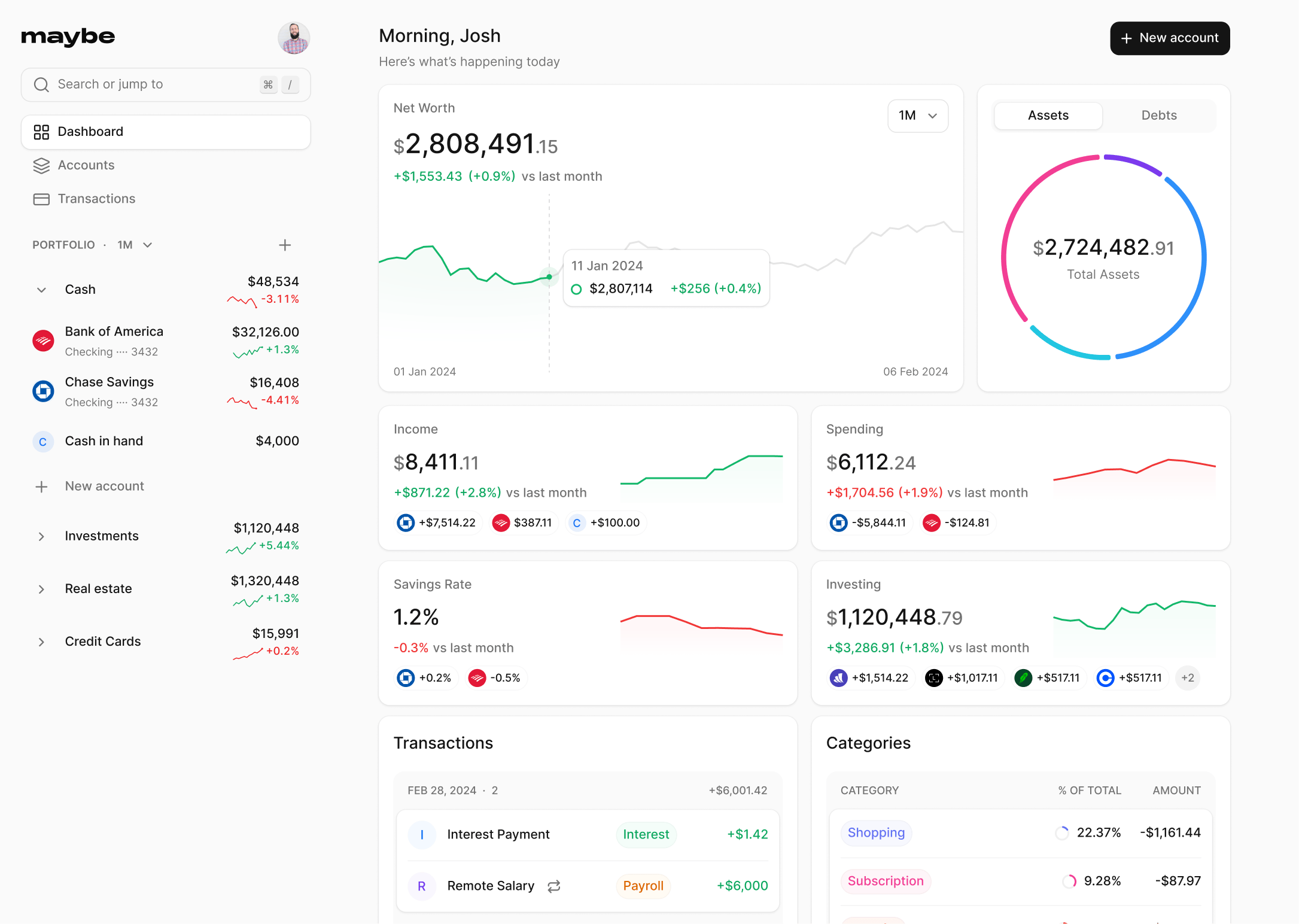Ask the Advisor: Invest more or pay off debt?
Author
Travis Woods
If I have extra money every month/quarter/year and also have student debt, should I invest the extra money or pay off the debt?
Our Answer:
Congrats on having extra money every month! It's important to not overlook these small wins.
For today's purposes, I'm going to assume you have some cash saved up for when life throws curveballs. If not - it's probably a good idea to build an emergency fund, for helping with that uncertainty.
That said, the first thing we want to do, is put this decision in its proper context — both options are a form of savings.
In her book How To Decide, Annie Duke calls this type of decision a sheep in wolf's clothing. She writes:
Having multiple options that are very close in quality often slows people down. The very thing that slows you down is actually a signal that you can go fast because this tells you that whichever option you choose, you can't possibly be that wrong, since both options have similar upside and downside potential.
Check out this podcast episode on the same topic where Sophia and Travis discuss debt and investing, shame, and getting cornered at kid's parties.
Paying off debt at an accelerated pace and investing money are both savings.
Therefore, all things equal, I think you can decide fast and go with what you're comfortable with. In my experience, no one has regretted getting out of debt.
Now there are factors to consider that might mean you need to be a little slower in making the decision.
- Is the debt a candidate for tax-free forgiveness? If the debt is student debt with the federal government and you have a legitimate chance of having it forgiven via Public Service Loan Forgiveness (PSLF) and the total cost to you of that forgiveness is less than paying off, I recommend you think long and hard before paying down the debt.
- Is the debt high interest? For our purposes, let's call high-interest anything greater than 7%. I recommend you consider paying this debt down.
- What is your debt utilization rate? Your debt utilization rate makes up 30% of your credit score. If you have $5,000 of available credit and you've borrowed $4,000, your credit utilization rate is 80%. The higher your utilization rate, the larger the negative impact to your credit score. Paying debt down and lowering your credit score could make your life a little easier. Most recommendations are to keep your debt utilization rate lower than 30%.
Don't be afraid to go fast on making this decision because in a lot of ways they are one in the same.
Take a little time to consider the profile of the debt as well as your personal situation and goals.
Don't be afraid to go with what gives you the most peace of mind.
Ask Maybe: My Financial Advisor Won't Talk Bitcoin
Travis Woods
Assets That Produce Income: A Guide to Passive Income Streams

Josh Pigford
Zero-Based Budgeting: The Path to Financial Clarity

Josh Pigford
Join the Maybe  waitlist
waitlist
Join the waitlist to get notified when a hosted version of the app is available.
